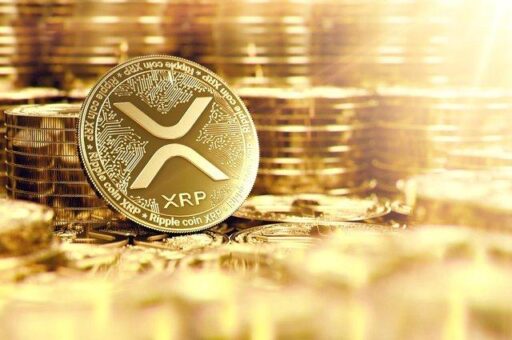KARACHI: The Pak Rupee (PKR) fell by 15 paisas against the dollar on Thursday owing to foreign currency demand for import payments.
The rupee ended at Rs176.38 to the dollar from previous day’s closing of Rs176.23 in the interbank foreign exchange market.
Currency experts attributed to rise in global oil prices behind increase in dollar demand in the local market.
The prices in the international market recorded two-month high a day earlier.
The experts said that since Pakistan was net importer of petroleum products therefore import bill would increase as well.
The oil import bill of the country increased by 112 per cent to $8.38 billion during first five months (July – November) of 2021/2022 as compared with $3.94 billion in the corresponding months of the last fiscal year.






